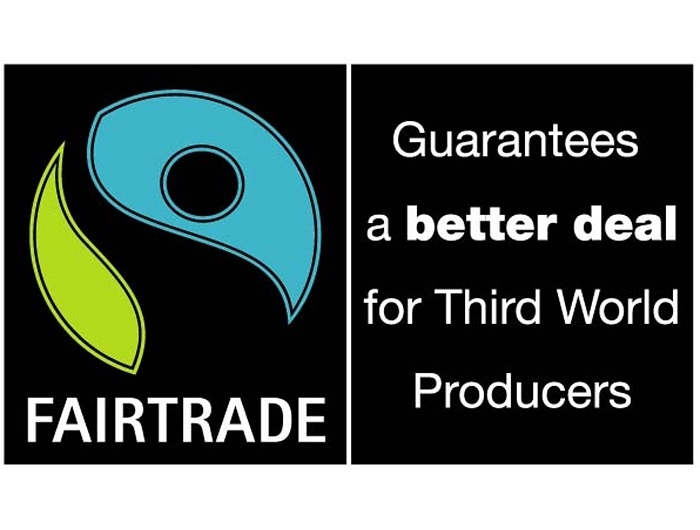Premium Pricing Socially Responsible Products
This is one of our free-to-access content pieces. To gain access to all Ideas for Leaders content please Log In Here or if you are not already a Subscriber then Subscribe Here.

Are consumers willing to pay a premium for socially responsible products? According to two researchers from NYU’s Stern School of Business, the answer is an unequivocal yes. Specifically, consumers will pay a higher premium for socially responsible non-durable products, and a higher premium for products that reflect a social commitment to humans, such as fair labour practices, as opposed to products that benefit animals or the environment.
Companies are making and selling socially responsible products, hoping to benefit from the social conscious of their customers. Previous research on what customers are willing to pay for social responsibility has been mixed — while in many cases, the studies confirm the opportunity for a significant premium, a smaller number of researchers have found little evidence that customers are willing to pay more.
Meta-analysis from NYU’s Stern School of Business drills down into the vast research conducted on social responsible products to identify which types of socially responsible products (e.g. durable vs. non-durable) and what type of social responsibility (e.g. benefits to humans or animals or the environment) generate the greatest premiums. The analysis, by Professor Russell Winer, chair of NYU Stern’s Marketing Department, and Stern PhD student Stephanie Tully, covered 83 research papers, and looked at two dependent variables:
The results of the study showed that 60 percent of people were willing to pay extra for socially responsible product, and the average premium that those people were will to pay was 17.3 percent.
Not all socially responsible products were valued the same. Consumers were willing to pay a higher than average premium for non-durable goods, such as paper towels, while paying a lower than average premium for durable goods, such as furniture.
Another differentiator in value to the consumer was the reason the product was considered socially responsible. Fair trade food and fair labour practices, for example, are socially responsible because they benefit the workers of developing countries. Free-range chicken is socially responsible because it benefits animals. Environmentally safe cleaning products are socially responsible because they help protect and sustain the environment.
Winer and Tully’s study shows that people will pay a larger premium for socially responsible products that benefit humans than for products that benefit animals or the environment. And while there was no difference in how much consumers were willing to pay for products that benefitted animals or the environment, more people were willing to pay a premium for socially responsible products that benefitted animals than the environment.
The research by Winer and Tully does not only help retailers with authoritative information to help guide their pricing strategies, it also provides with information related to strategic product development choices.
“Companies need to know how consumers will respond to different types of social responsibility or the different products for which socially responsible practices are adopted,” write Winer and Tully in their 2013 working paper, “Are People Willing to Pay More for Socially Responsible Products: A Meta-Analysis.”
The results highlight the following lessons for business leaders:

Ideas for Leaders is a free-to-access site. If you enjoy our content and find it valuable, please consider subscribing to our Developing Leaders Quarterly publication, this presents academic, business and consultant perspectives on leadership issues in a beautifully produced, small volume delivered to your desk four times a year.

For the less than the price of a coffee a week you can read over 650 summaries of research that cost universities over $1 billion to produce.
Use our Ideas to:
Speak to us on how else you can leverage this content to benefit your organization. info@ideasforleaders.com